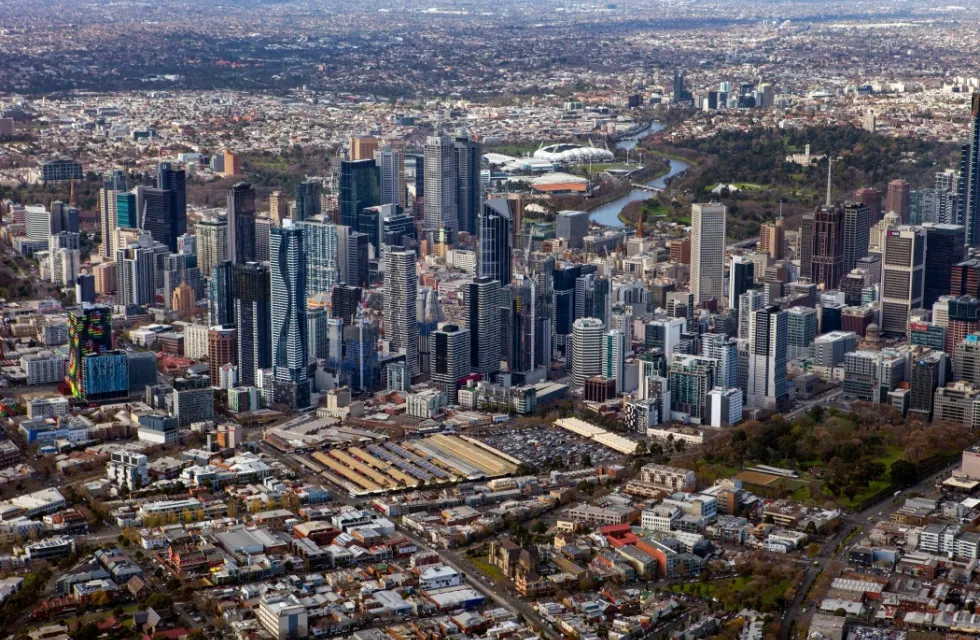26 January
The City of Melbourne sponsors the Balit Narrun FestivalOpens in new tab (formerly Share the Spirit) each year. Read more about our position on 26 January and the Stolen Generations Marker we are developing.
13 February: Anniversary of National Apology to the Stolen Generation
On 13 February 2008, a historic national apologyOpens in new tab was delivered by the Australian Parliament to Australia's Stolen Generations.
26 May: National Sorry Day
National Sorry Day was established following the publication of the Bringing Them Home reportOpens in new tab. The report was produced by the National Inquiry into the Separation of Aboriginal and Torres Strait Islander Children from their Families and was tabled in Federation Parliament on 26 May 1997. The report made 54 recommendations on a wide range of issues, including one which called for the establishment of a community-based National Sorry Day Committee.
The City of Melbourne is developing a Stolen Generations MarkerOpens in new tab, which will be a permanent place with a significant artwork that reflects the resilience of the Stolen Generations and their families, acknowledges the injustices of the past, and provides future opportunities to move along the path to reconciliation together.
27 May: Anniversary of the 1967 Referendum
The 1967 referendumOpens in new tab saw more than 90 per cent of eligible Australians vote yes to two changes in the Australian Referendum – to include Aboriginal and Torres Strait Islanders in the national census of the population and to give the Australian Government the power to make uniform, specific laws about Indigenous people (rather than individual states making their own laws). Legislation reflecting the referendum was enacted on 10 August 1967.
27 May to 3 June: National Reconciliation Week
National Reconciliation WeekOpens in new tab celebrates the rich culture and history of Aboriginal and Torres Strait Islander people. It's an ideal time for everyone to join the reconciliation conversation and to think about how we can help turn around the disadvantage experienced by many Aboriginal and Torres Strait Islander people.
3 June: Mabo Day
On 3 June 1992, the High Court of Australia handed down its decision on Mabo v the State of Queensland (No. 2)Opens in new tab, a native title claim by Eddie Mabo and others on behalf of the Meriam People of Murray Island, Queensland. The High Court's decision rejected the notion of Australia as terra nullius, meaning empty land or land belonging to nobody, at the time of European arrival and colonisation.
The term Native Title was used to describe and recognise that Aboriginal and Torres Strait Islander people may have existing rights and interests in the land and waters, according to traditional laws and customs that have survived beyond European arrival; and that these rights can be recognised by the common law. In the Torres Strait region, Mabo Day is recognised as a public holiday.
July: NAIDOC Week
NAIDOCOpens in new tab celebrations are held around Australia in July to celebrate the history, culture and achievements of Aboriginal and Torres Strait Islander people. NAIDOC originally stood for the National Aborigines and Islanders Day Observance Committee and a committee that was once responsible for organising national activities during NAIDOC Week. The committee's acronym has evolved into the name of the week itself.





